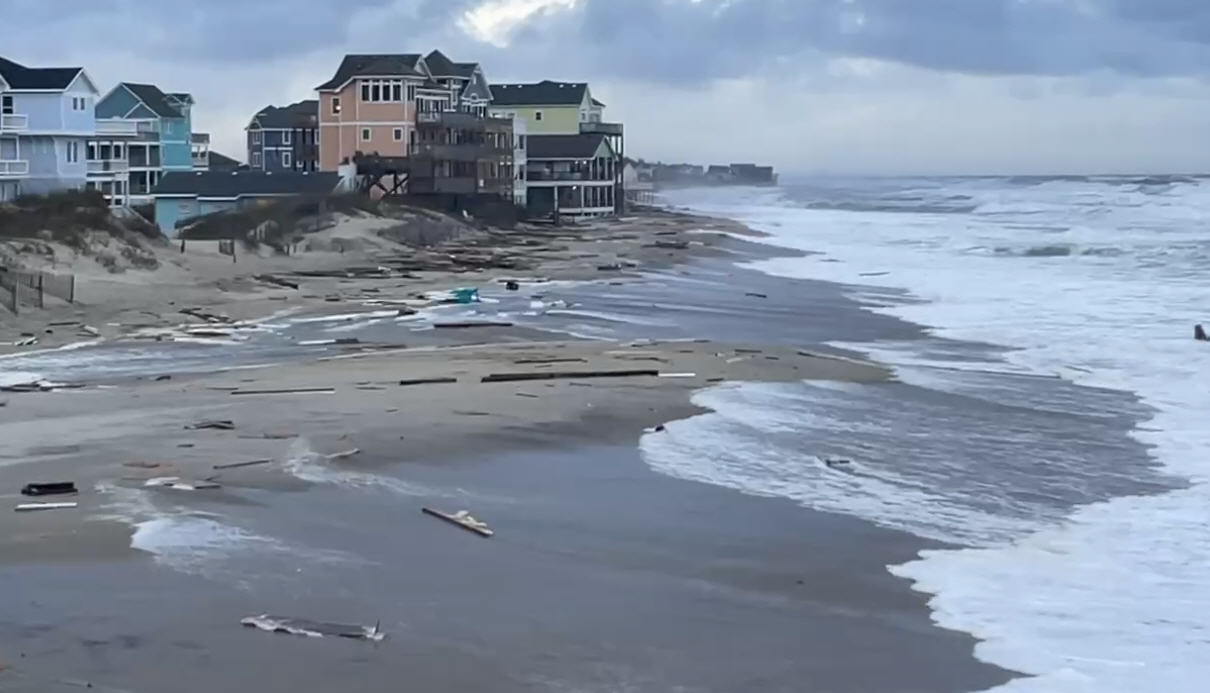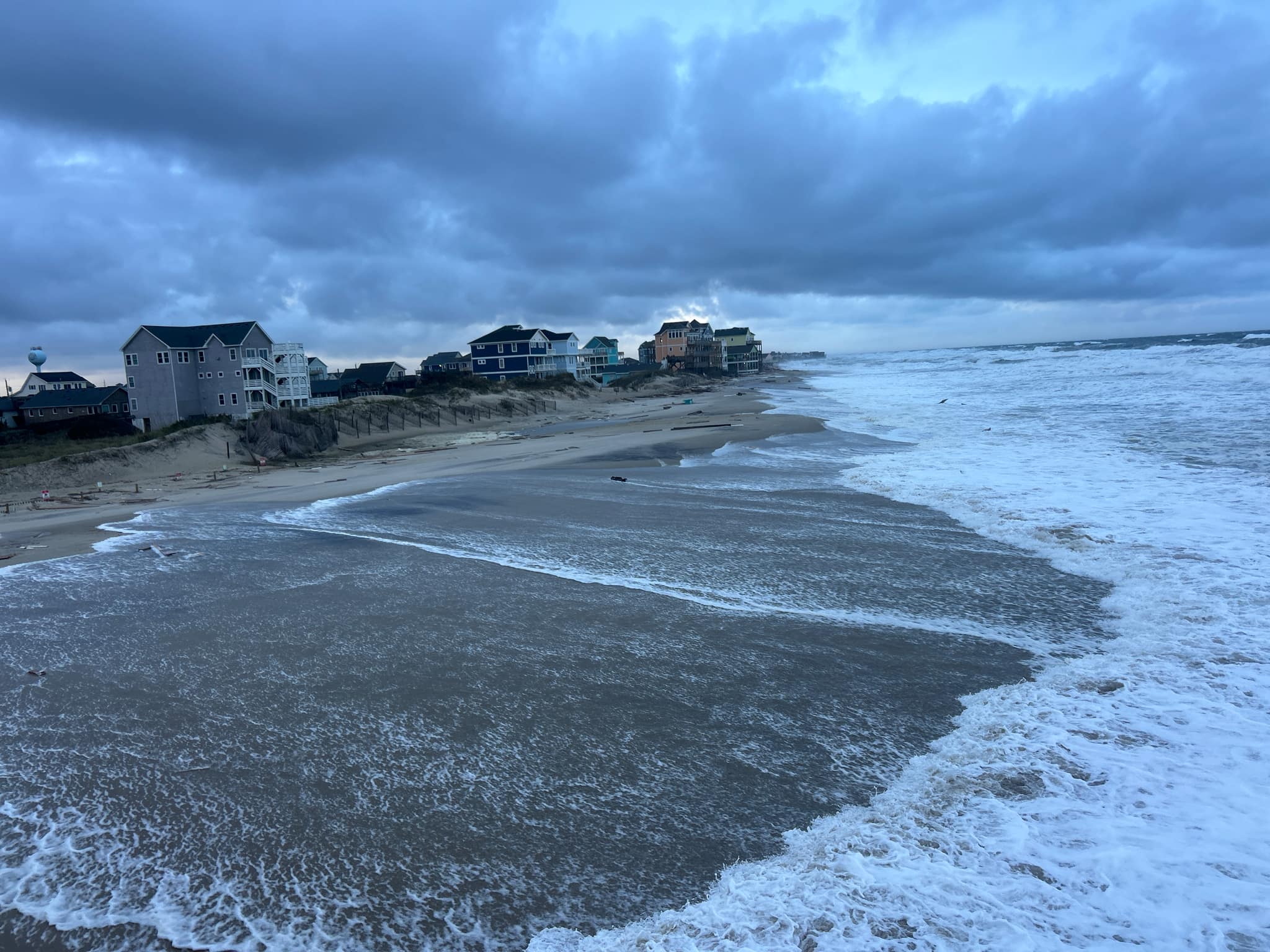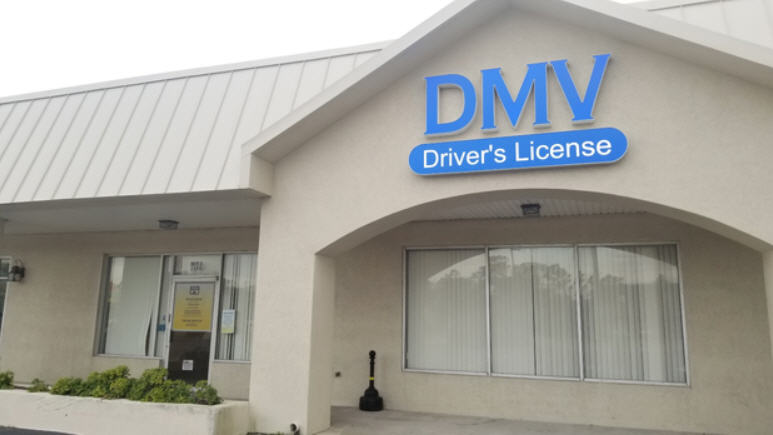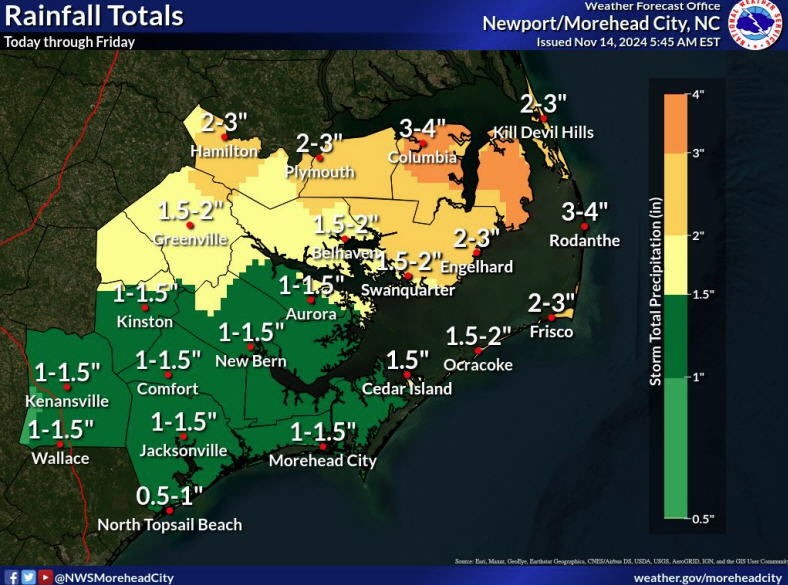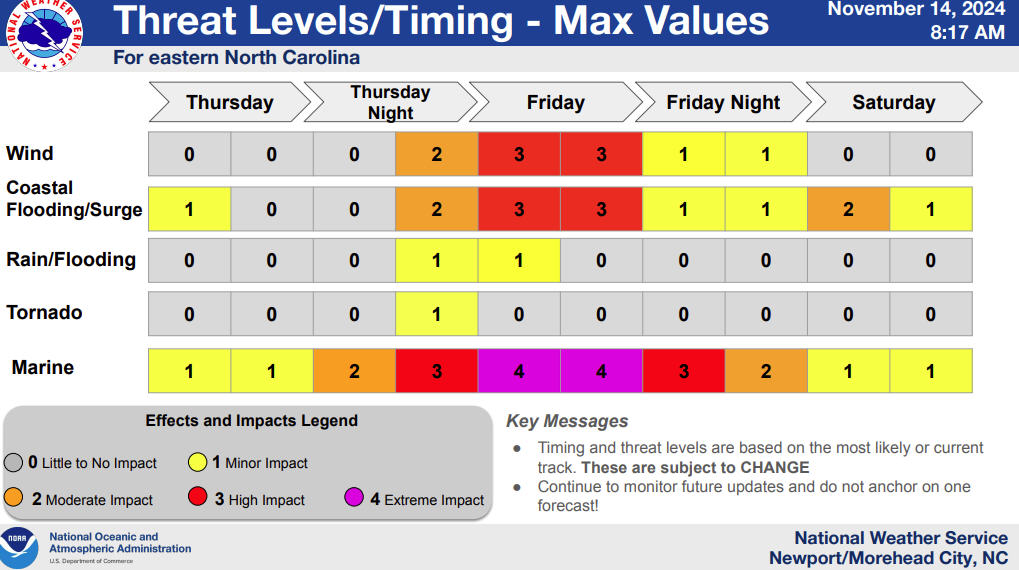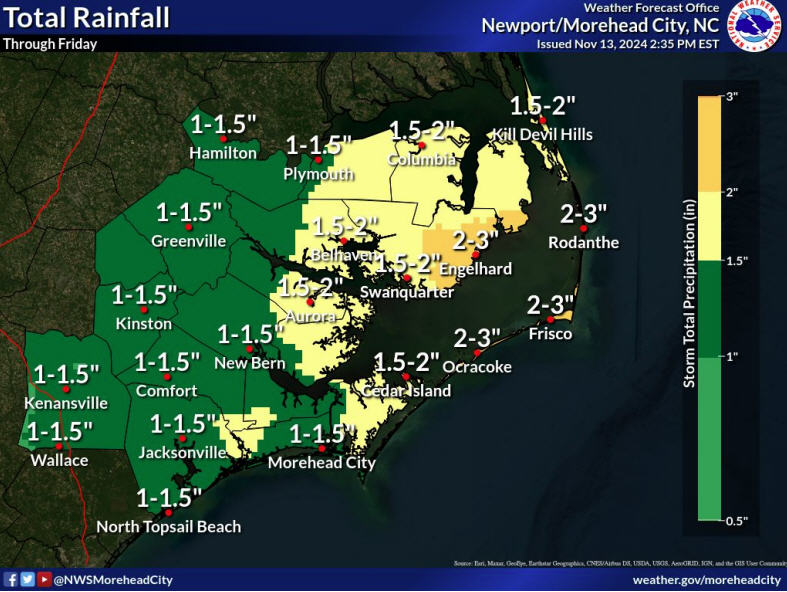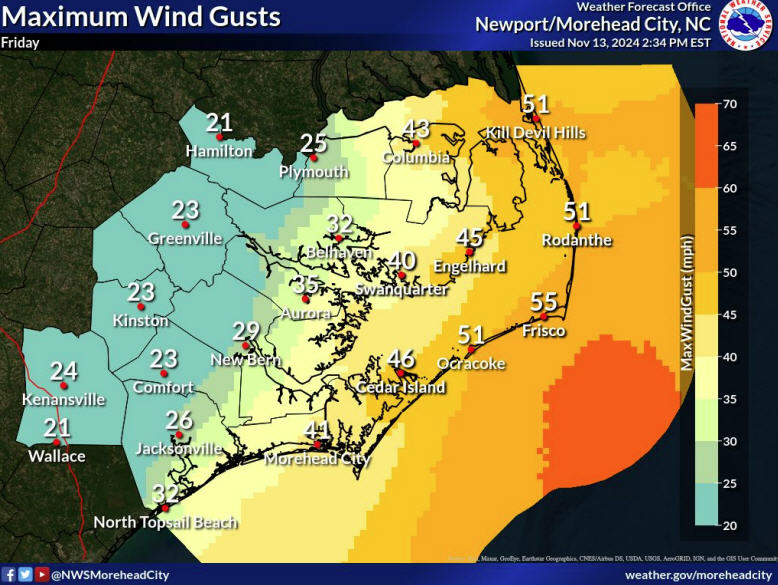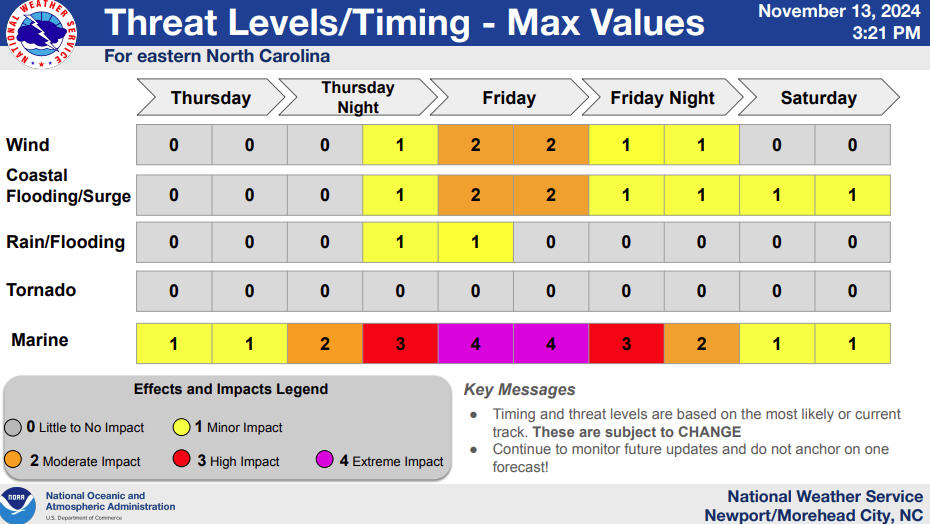Legislative Update: House rejects bill with Senate sales tax plan
That’s not the ocean breeze you hear. It’s the collective tentative sigh of relief from local governments because the House has refused to accept the Senate changes made to House Bill 117, N.C. Competes.
While in the Senate, the original bill, an incentives package requested by Gov. Pat McCrory, was amended twice to add the proposed sales tax redistribution which would cost the towns and county several million a year in sales tax revenues.
Originally, the Senate inserted an amendment which would split the distribution of sales tax based 80 percent on population and 20 percent on point-of sale. After McCrory and House Speaker Tim Moore announced that they would not accept the sales tax redistribution, the Senate again amended the bill, this time based on a 50-50 split.
The new proposal, if made into law, would go into effect in the fiscal year beginning July 1, 2016 and the full change would occur at that time instead of being phased in as in the previous plan.
The 50-50 scenario would reduce sales tax coming back to Dare County and the local municipalities by 24 percent. Under current law, which dictates that 75 percent of the sales tax sent back to local governments is based on point-of-sale and 25 percent on population, Dare County is estimated to receive $19.1 million in the 2016-17 fiscal year. Under the new plan, the amount would be reduced to $14.6 million, which is a $4.6 million cut — unless the proposal to expand the sales tax base is approved.
An expansion of the sales tax base, adding tax on such things as auto repairs and veterinarian bills, would return some of the lost revenue to counties. With that proposed expansion, estimated sales tax revenues would be $15.1 million which is a $4 million reduction – 21 percent – from projections for the same time frame under current law.
The municipalities also would feel the same percentage of reductions under both scenarios.
This week, the House voted 111-2 to reject the bill and has sent it to conference committee to see if the two chambers can reach a consensus.
While the wheels of legislative work have been grinding slowly, it was another week of excused absences for Sen. Bill Cook, R-Chocowinity. He has been missing from Raleigh since July 29 when he last voted.
A public records request filed with the Senate’s Chief Clerk’s office for the paperwork filed and approved for Cook’s extended leave had not yet been responded to at press time. Raleigh sources say that the senator has been vacationing overseas.
There is still no budget, but the two chambers have agreed to compromise on the bottom line of the budget — $21.74 billion which is $265 million more than the Senate wanted and $415 million less than proposed by the House.
Schools around the state are opening for the new school year on Monday without knowing what revenues they will receive to operate the educational facilities. This has left school administrators frustrated because they don’t know if they will be funded to have teacher assistants, if teachers will receive raises, and if programs such as driving courses will be paid for.
The new deadline for the budget to be finalized is Aug. 31.
Senate Bill 15, Unemployment Insurance Law Changes, has now passed the House and is back in the Senate for concurrence. The bill, if enacted into law, will mandate that those receiving unemployment benefits must show proof of applying for five positions each week. Attempts to reduce the number of required applications to three each week failed.
HB 308, Clarify Reasonable Health Insurance, was signed into law last week. The bill caps the amount a parent can be forced by the court to pay for health insurance for a minor child. Previously, the law mandated “reasonable” cost could be imposed. The law now defines “reasonable” as: “the coverage for the child is available at a cost to the parent that does not exceed five percent (5%) of the parent’s gross income. In applying this standard, the cost is the cost of (i) adding the child to the parent’s existing coverage, (ii) child-only coverage, or (iii) if new coverage must be obtained, the difference between the cost of self-only and family coverage.”
The law also includes the creation of an ombudsman program for long-term care patients.
(Sandy Semans is a retired newspaper editor and reporter who now works as a free-lance writer. She lives in Stumpy Point. Her update on the goings-on in this session of the General Assembly will appear weekly in The Island Free Press, usually on Friday.)
First bill filed would prohibit condemning property for economic development
Legislative Update: And they are off — sort of
Legislative Update: The gold rush in Raleigh is underway
Legislative Update Most Bills Moving At Snails Pace But One Achieves Warp Speed
Legislative Update: Humor unleashed in the General Assembly
Legislative Update: Lawmakers made hay while the sun was shining
Legislative Update: Bill on dredging causes local turmoil
Legislative Update: 156 new bills filed this week
Legislative Update: Lawmakers keeping busy in Raleigh
Legislative Update: It was raining bills all week
Legislative Update: Bill on dredging causes local turmoil
Legislative Update: Occupancy tax provision is out of dredging bill
Legislative Update: Lawmakers take aim at N.C. Constitution
Legislative Update: More taxes and Constitutional amendments proposed
Legislative Update: Lawmakers racing the clock to get bills moved
Legislative Update: Rushing to meet the ‘crossover’ deadline
Legislative Update: A week of committee work in Raleigh
Legislative update: New taxes for fishermen and new purpose for occupancy taxes
Legislative Update: Bill aims at opportunities for Oregon Inlet Lifesaving Station
Legislative Update: Two days, two vetoes
Legislative Update: Sales tax redistribution bill gets more traction
Legislative update: Sales tax redistribution is back, will still hurt Dare
Legislative Update: Senate passes its version of state budget
Legislative Update: Budget conference committee faces challenges
Legislative Update: Hurry up and wait time in Raleigh
Legislative Update: Open government laws are a mixed bag
Legislative Update: Some bills moving forward, others stuck in committees
Legislative Update: House slows up, while Senate moves full steam ahead
Legislative Update: Work slows to a crawl as lawmakers travel
Legislative update: Sales tax plan proposal scaled back, but still alive
Legislative Update: Missing from Raleigh — a budget and a senator


















